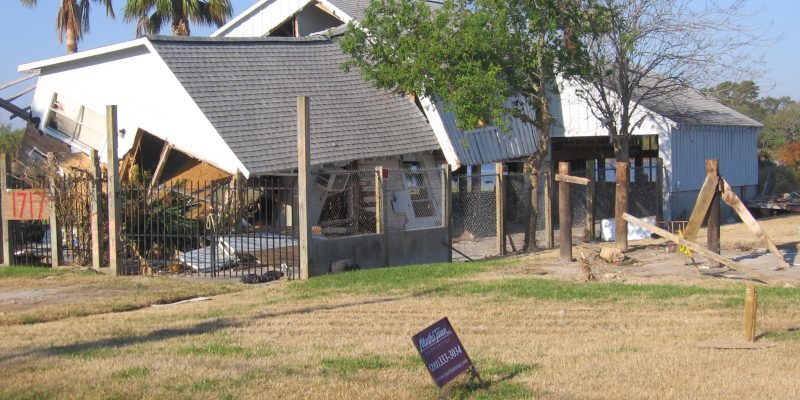Homeowners insurance is essential to protecting your property, but it’s crucial to understand the details of your policy to avoid unexpected costs, particularly regarding the coinsurance penalty. Many homeowners may not realize that insurance is a legally binding contract, not a mere promise to pay based on subjective expectations or feelings. This misunderstanding can lead to significant financial surprises, especially regarding the coinsurance clause.
What is Coinsurance?
Coinsurance, in the context of homeowners insurance, is a policy provision that requires you to insure your property for a certain percentage (typically around 80%) of its total value. This ensures that homeowners carry a fair amount of insurance for their property.
The Coinsurance Penalty
The coinsurance penalty comes into play when a homeowner fails to insure their property to the required percentage. For example, if your home is worth $100,000 and your policy has an 80% coinsurance clause, you should have at least $80,000 in coverage. If you only have $60,000 in coverage, you’re underinsured by 25%. In the event of a partial loss, the insurance company will only pay a proportionate amount of the loss minus your deductible. So, if you have a $10,000 claim, the insurance company may only pay $7,500 (75% of the claim), leaving you to cover the remaining $2,500.
Insurance as a Contract
Understanding that an insurance policy is a contract between you and the insurance company is vital. This contract outlines the responsibilities and expectations of both parties. It’s not based on unilateral decisions or subjective feelings but on the terms and conditions agreed upon when you purchase the policy.
Key Contractual Aspects:
Policy Declarations: This part of the contract specifies the coverage details, including the coinsurance percentage, coverage limits, and premiums.
Insuring Agreement: This section outlines what the insurance company promises to cover in exchange for your premium.
Exclusions and Limitations: These are the conditions under which the insurance company won’t provide coverage.
Conditions: You must follow these rules for the insurance company to uphold their end of the contract.
Why Understanding Your Policy Matters
Failing to understand these aspects can lead to assumptions that the insurance company will cover any loss, regardless of the policy terms. This misconception can be costly, especially when a coinsurance penalty is applied.
Tips to Avoid Coinsurance Penalties
Review Your Policy: Understand the coinsurance clause and other policy conditions.
Ensure Adequate Coverage: Regularly assess the value of your property and adjust your coverage accordingly.
Seek Professional Advice: If you’re unsure about your coverage needs, consult with an insurance professional.
Update Your Policy: Inform your insurer about significant changes to your property that might affect its value.
Conclusion
Homeowners insurance is more than just paying premiums and expecting coverage. It’s a contract with specific terms, including the coinsurance clause, which can significantly affect your financial responsibility in the event of a loss. Understanding these details ensures that you are adequately protected and not caught off guard by penalties like the coinsurance penalty. Always remember insurance is a mutual agreement, not a one-sided promise.






